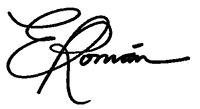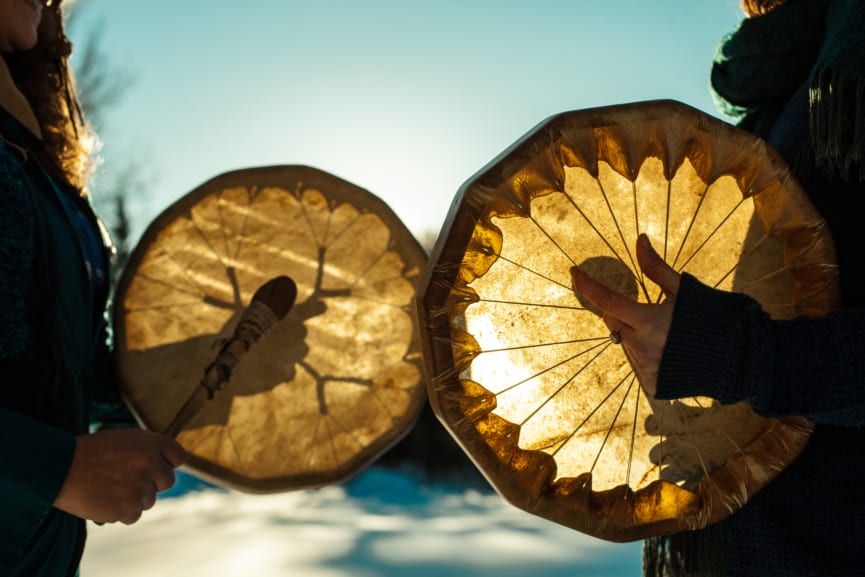Dear Colleagues,
As we approach Thanksgiving Day and #GivingTuesday, we’re celebrating the many ways our members leverage the power of philanthropy to strengthen and advance the intersectional feminist movement for equality and justice for all. Thanksgiving is the perfect occasion to lift up the leadership and voices of Indigenous women and girls, celebrate their accomplishments and reflect upon how much work is left to be done to dismantle the oppression of Indigenous people.
In 2020, a record number of Native women were elected to the U.S. Congress. Indigenous voters and activists have been credited with playing a primary role in delivering key swing state victories to Joe Biden and Kamala Harris, especially in Arizona and Wisconsin.
At the same time, Native people have been among the hardest hit by the coronavirus — with Indigenous people 3.5 times more likely to contract the virus than white people. Many Tribal Nations — which were already severely economically challenged from decades of oppression — have been economically devastated by the effects of the pandemic. Indigenous women, who already were being paid approximately 60 cents for every dollar earned by white men, have been feeling this especially acutely.
Native women also face another deadly threat that long predates COVID-19: the epidemic of Missing and Murdered Indigenous Women and Girls. Native women living on tribal lands in the U.S. are murdered at rates up to 10 times the national average, In Canada, First Nations women and girls are more targeted by violence than any other demographic group and are 12 times more likely to go missing or be killed. Many if not most of these cases are ever solved.
Women’s funds and foundations recognize the critical need to act with urgency to support Indigenous women and girls. For example, the Maine Women’s Fund is collaborating with Wabanaki Public Health (WPH) — a tribal organization that delivers public health services to the five tribal communities in Maine — to develop the Maine Hub, as part of our Regional Women’s Economic Mobility Hubs initiative. WPH will participate deeply in the planning and activities of the Maine Hub, while the Maine Women’s Foundation will use their statewide convening power to engage other funding, government and nonprofit leaders to participate. A key focus will be food insecurity, as Maine ranks ninth nationally for food insecurity and first in New England. The Maine Hub seeks to integrate mainstream and cultural frameworks that are founded on tribal community values, perspectives and priorities.
As women’s funds, foundations and gender equity funders, you play a critical role in giving voice to and centering the needs of women and girls — especially those who are Black, Indigenous and people of color. This Thanksgiving, I am truly thankful to share in this work with you.
Yours for equity and justice,

Elizabeth Barajas-Román
Women’s Funding Network
President & CEO
